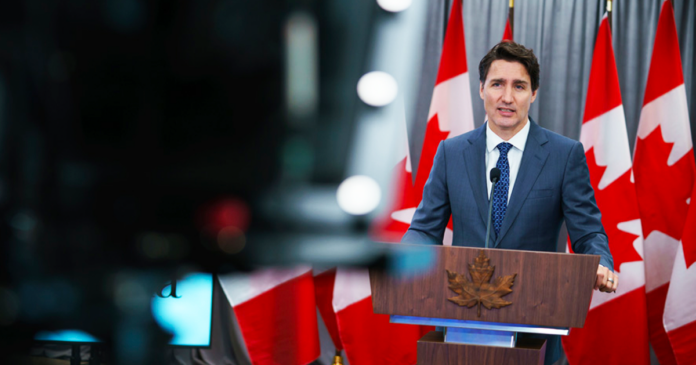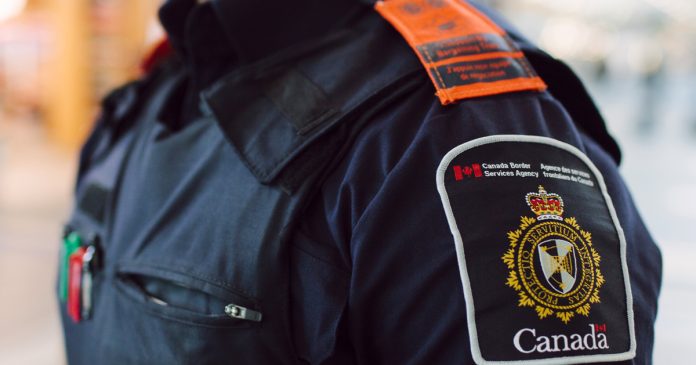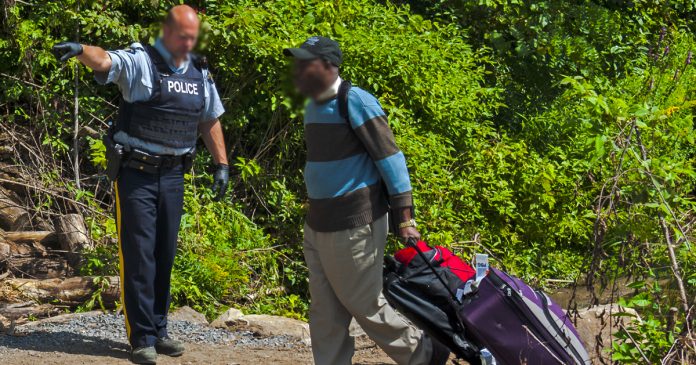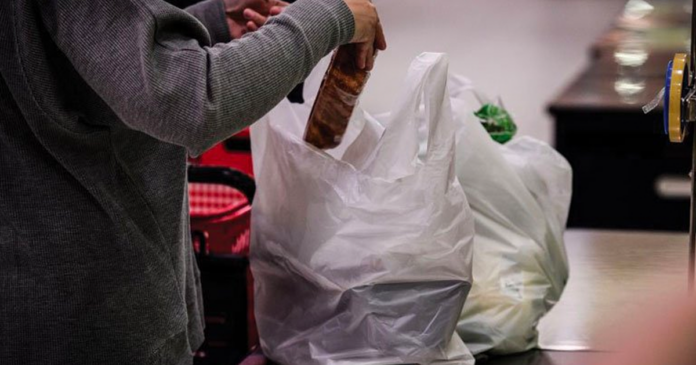A new energy industry update for the City of Calgary found that proposed net-zero federal electricity regulations would increase electricity prices in Alberta by $45 billion over 15 years.
The report, prepared by the City’s Corporate Planning and Financial Services, comes amid climbing electricity prices in Alberta partly due to the quick transition from coal to renewable sources.
The update found that there was a significant change in electricity price predictions from the second financial quarter to the third financial quarter — the latter of which came after the federal government released its Clean Electricity Regulations which includes a commitment to net zero by 2035.
“The new electricity price forecast has prices declining from current highs until 2024 before climbing to prices never seen before in Alberta,” analysts wrote.
“This legislation is the main driver of an unprecedented increase in more recent electricity price forecasts for 2025 and beyond.”
The update was presented to Calgary’s Community Development Committee on Sept. 27.
Ottawa’s Clean Electricity Regulations, released on July 26, are part of a suite of federal measures to move Canada’s electricity sector to net zero as “an enabler for broader decarbonization of the economy,” explains a federal government website.
The report says the new regulations would create a significant impediment to economic growth in Alberta, which is already hindered by sharp increases in electricity costs contributing to “significant local inflation.” Future price declines would be short-lived through 2023 and 2024 before ballooning to $45 billion between 2022 and 2036, the report found.
Tom Olsen, CEO of the Canadian Energy Centre, said the federal government’s proposal is one of several that have made energy costs and hence modern-day life more expensive for Canadians.
“Politics aside, if you focus on a specific outcome without taking into account the entire energy mix and the implications for every day Canadians, economic pain will follow,” he said in an email to True North. “Everything will become more expensive.”
The report also said the Clean Electricity Regulations fail to address environmental impacts that don’t eliminate greenhouse gas emissions. The regulations focus on direct emissions but don’t address environmental impacts from lifecycle or upstream emissions, the report found.
“For example, wind turbines require a significant amount of oil to operate and solar panel construction requires a considerable quantity of rare elements.”
“Ultimately, there are environmental trade-offs associated with all sources of electricity generation when one considers direct, lifecycle and upstream emissions.”
It also said higher electricity costs will impact lower-income individuals and households disproportionately.

























